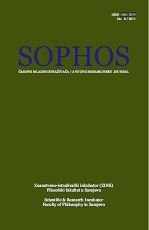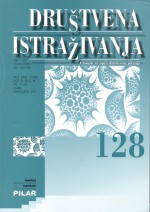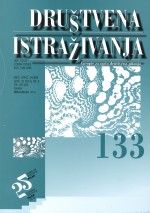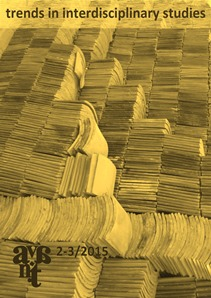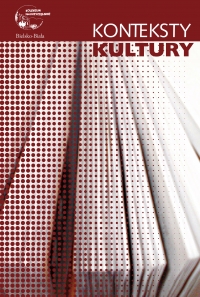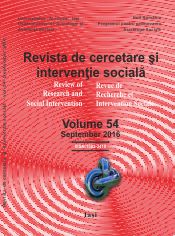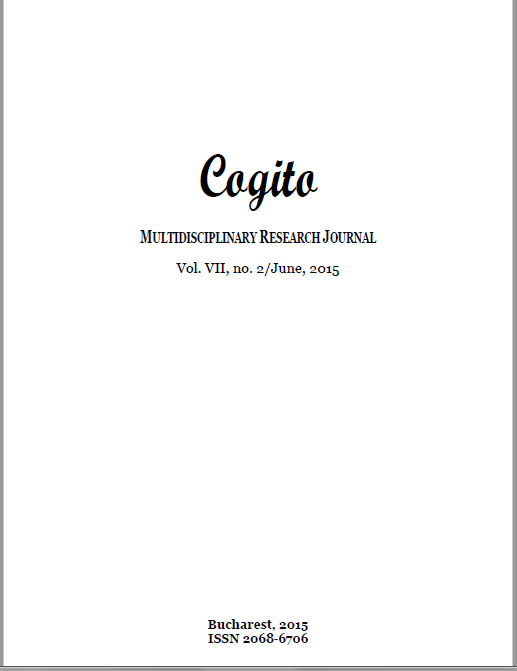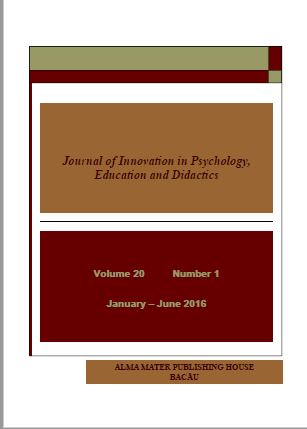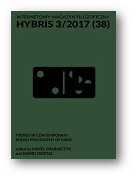
Filozoficzne aspekty widzialności
The development of new digital technologies has resulted in a cultural revolution unlike any other that has taken place so far. Digital interfaces make it possible to visualise hitherto unseen and unimaginable things and processes. The possibility of creating hitherto unseen and unimaginable images, of visualising events, of recording non-visual data and of the unlimited transformations connected with the binary form of recording data - all these make theorists of culture describe our times as the era of „drifting images" or "visionics". The proliferation of images makes us reflect on the technocultural conditions of seeing, and, in consequence, on the philosophical contexts of the new media images. All that contributes to the popularisation of the notion of visibility. Relying on Merleau-Ponty's phenomenology as well as on other philosophical conceptions (developed by Foucault, Virilio, Baudrillard and Bohm), the author seeks to describe the epistemological and ontological consequences of the media revolution.
More...
